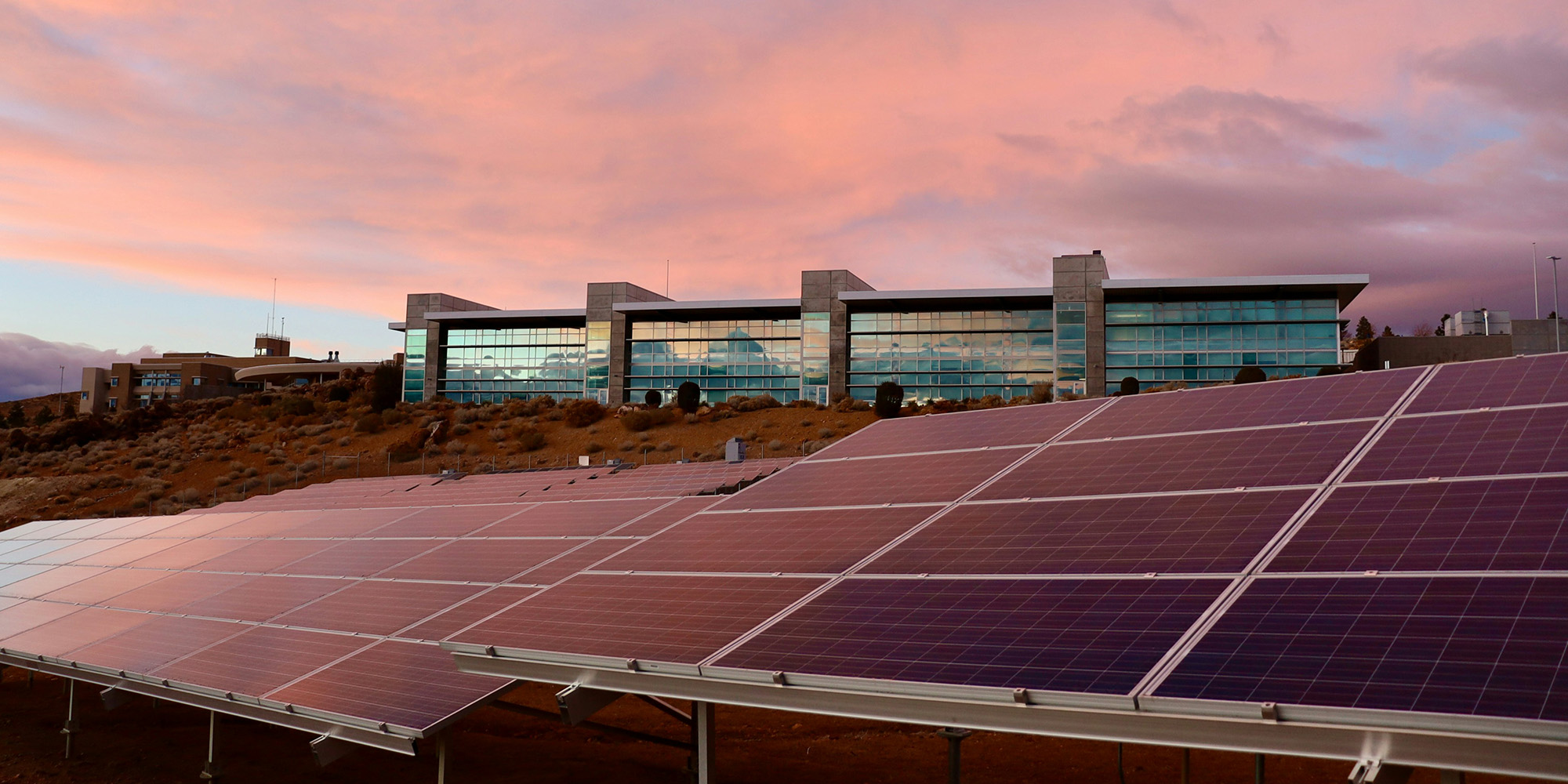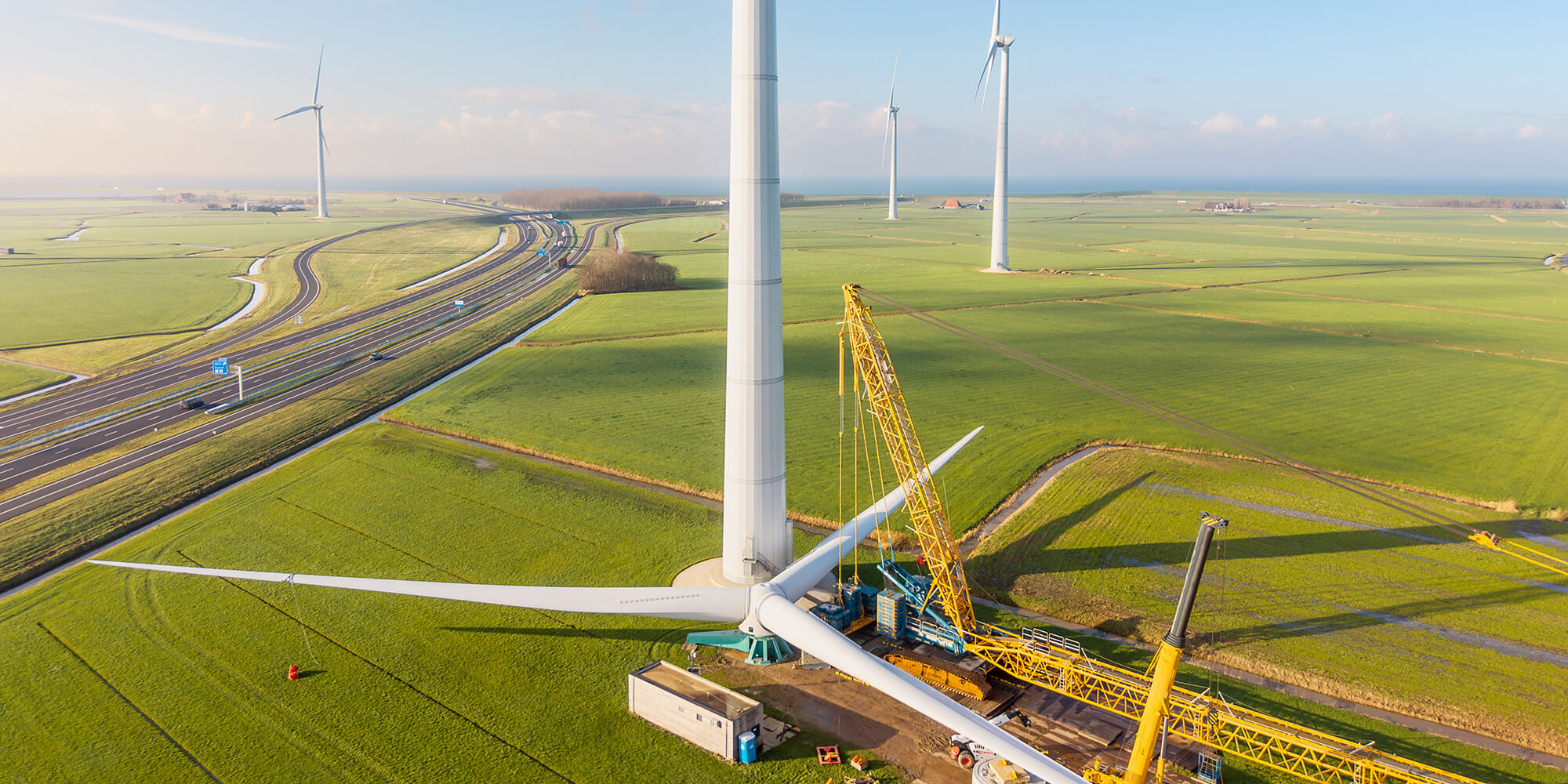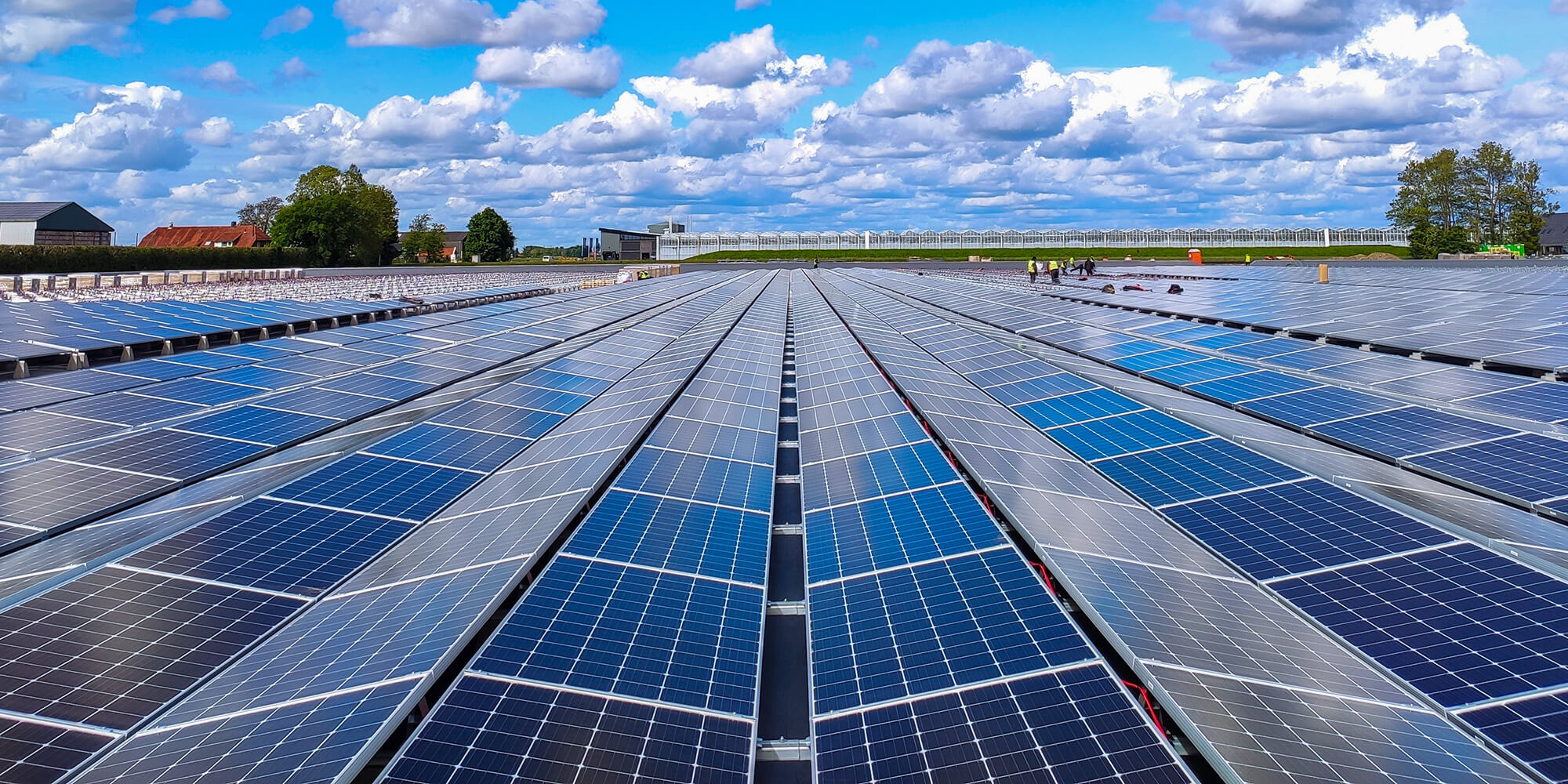The fast-food industry is moving towards net zero. Big players in the sector, which in the United States alone is valued at 366.9 billion USD, are setting ambitious emissions reduction targets and backing them up with far-reaching strategies.
The crux for the sector’s climate ambitions lies in its Scope 3. According to a new report, supply chain-related emissions account for well above 90% of fast-food companies’ total greenhouse gas contributions. Suppliers’ energy needs remain a central part of that mix.
Innovative mechanisms for engaging value chain partners and ignite cascading impact are emerging. And while the industry is moving in the right direction, there is still a significant window of opportunity for streamlining carbon reductions and boosting your decarbonisation efforts.
How fast-food giants are tackling Scope 3 emissions
Large companies in the fast-food sector have recently set goals to slash emissions across their value chains. Their ambition is commendable.
A report from investor coalition FAIRR, managing 70 trillion in assets, and non-profit organisation Ceres showed six major companies – Chipotle Mexican Grill, Domino’s Pizza, McDonald’s, Restaurant Brands International (parent company to Burger King), Wendy’s Co., and Yum! Brands (the owner of KFC, Pizza Hut, and Taco Bell) – have set and made progress towards net zero targets.
Domino’s Pizza Group, for example, has committed to a 90% emissions reduction by 2050, with an interim goal of a 25% reduction in its Scope 3 by 2031. Yum! Brands, one of the frontrunners of fast-food decarbonisation, committed in 2021 to cutting 46% of its supply chain emissions by the end of this decade.
These companies have had their net zero goals approved by the Science Based Targets initiative, a crucial step to validate the transparency and feasibility of their plans. But what exactly are they doing to advance towards their objectives?
Solutions are getting ever more innovative. McDonald’s recently announced it had entered a 189 MW virtual Power Purchase Agreement (PPA) along with five logistics partners. The fast-food chain served as an anchor that allowed smaller suppliers to partake in an agreement they would not have been able to broker on their own. The deal, McDonald’s said, is expected to support 100% of the electricity load for its US restaurants.
This type of scheme is ground-breaking – a first in the industry. The principle, however, is straightforward. McDonald’s succeeded at engaging its partners because it simplified a complex process. And as their example shows, facilitating access to sustainability solutions is the key to unlocking climate gains.
A digital tool for your Scope 3: how to simplify supply chain decarbonisation
Reducing Scope 3 emissions is challenging for multiple reasons. For brand owners, it is hard to establish and communicate goals and engage partners in their efforts. For suppliers, it is difficult to procure, track, and report renewable electricity purchased for a specific client.
Ecohz developed a service Renewable energy for Scope 3 and Supply Chain Portal that simplifies the process. This digital platform allows businesses to set renewable energy goals, provide suppliers with easy access to documented renewable electricity, and monitor progress towards their targets through a user-friendly system.
Although energy consumption varies across companies, Scope 3 electricity needs in the fast-food sector typically include consumption in franchises and suppliers’ facilities, such as warehouses and distribution centres. These are often controlled by multiple value chain partners spread across geographies, even beyond national borders.
Ecohz’ Supply Chain Portal allows companies to visualise individual consumption points and specific suppliers, making it simple to follow development and keep track of large supply chains. Further, it improves communication among stakeholders and streamlines reporting.
Supply chains are complex. However, they can also be the starting point of more impactful climate efforts. When aiming to engage suppliers and spur action, it is worth remembering that simplicity is essential.
How can Ecohz help with your Scope 3 emissions?
Ecohz Inc is ready to assist companies in the fast-food industry and other sectors in tackling their Scope 3 emissions. Our experts in the United States and Europe can advise you on assessing and reducing planet-warming emissions in your supply chain.
Our digital platforms further offer tools to simplify Scope 3 action. Ecohz’ Supply Chain Portal allows you to smoothen interaction with your value chain partners, track progress closely, and procure renewable electricity directly from our power plant portfolio. If you are getting started in your climate efforts and need expert guidance, get in touch.


.png?width=3840&height=2560&name=Sun(1).png)

.png?width=3840&height=2560&name=Landscape_2(1).png)





